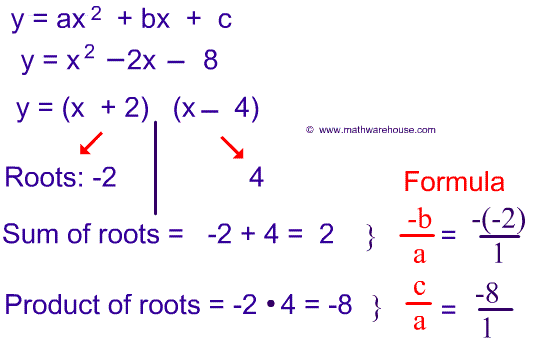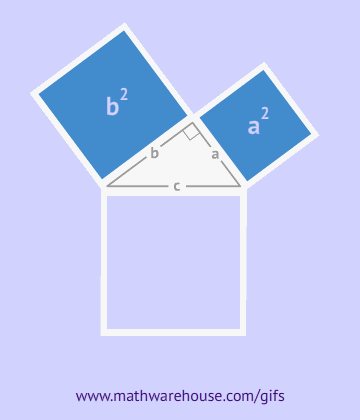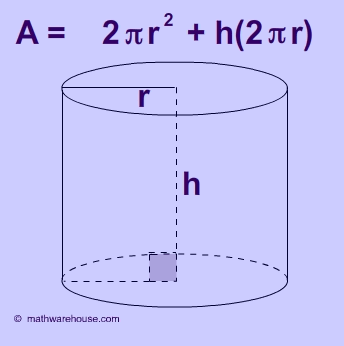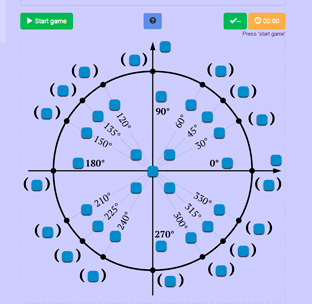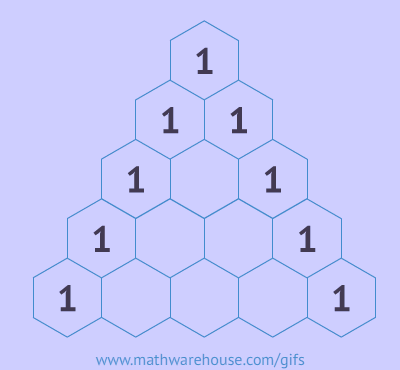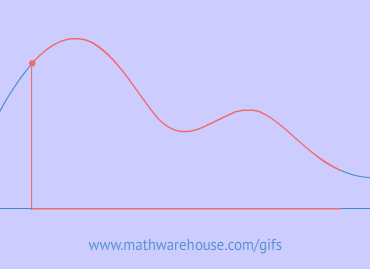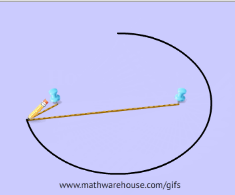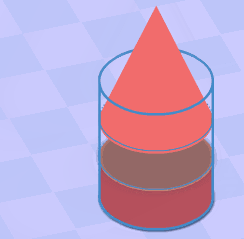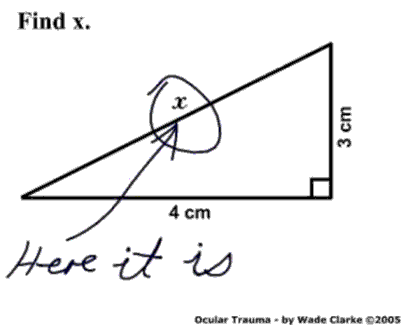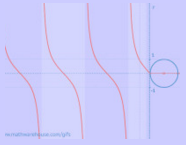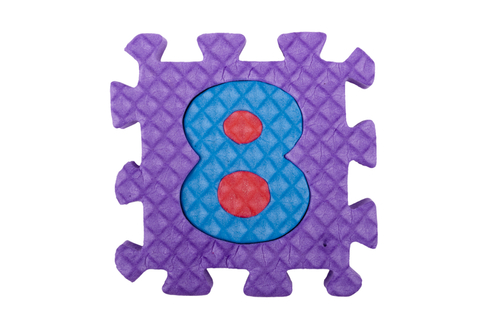The formulas
sum of roots: $ \frac{ -b}{a} $
product of roots: $ \frac{ c}{a} $
As you can see from the work below, when you are trying to solve a quadratic equations in the form of $$ ax^2 +bx + c$$. The sum and product of the roots can be rewritten using the two formulas above.
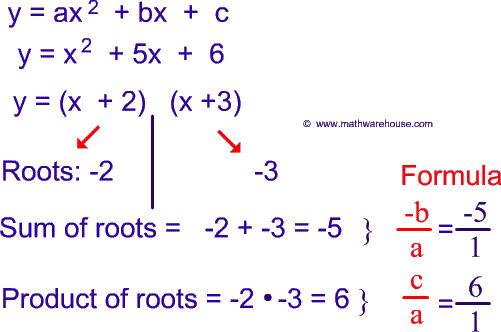
Example 1
The example below illustrates how this formula applies to the quadratic equation $$ x^2 + 5x + 6 $$. As you can see the sum of the roots is indeed $$\color{Red}{ \frac{-b}{a}}$$ and the product of the roots is $$ \color{Red}{\frac{c}{a}}$$.

Example 2
The example below illustrates how this formula applies to the quadratic equation x2 - 2x - 8. Again, both formulas - for the sum and the product boil down to -b/a and c/a, respectively.
